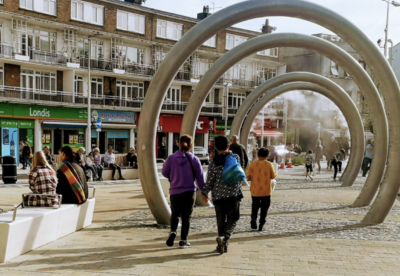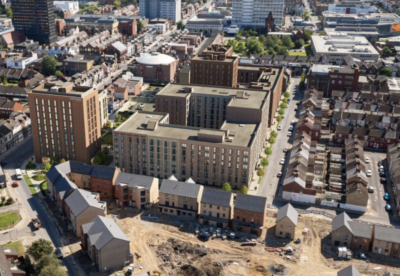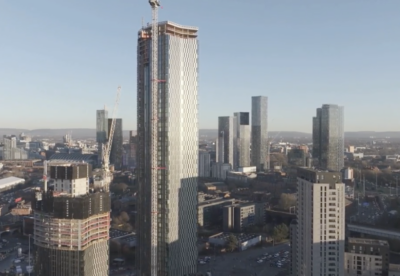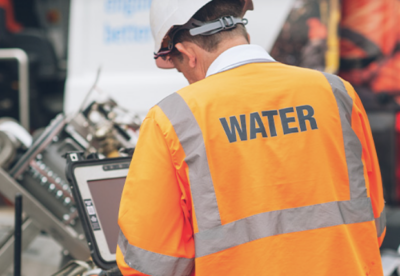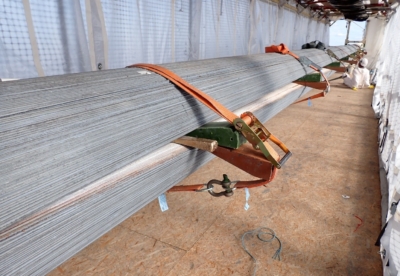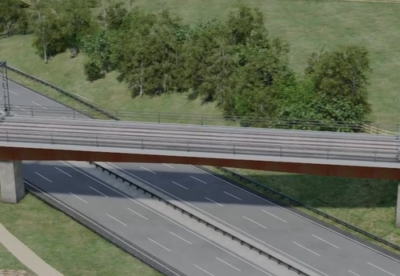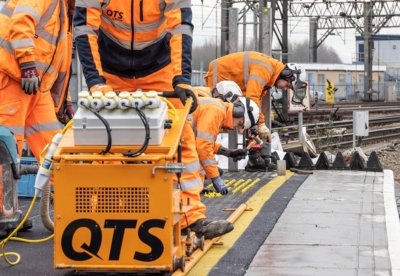The bundle of impairments and write-downs totalled £341m. Around £50m came from contract losses, primarily from the Broadmoor Hospital project and around a further £7m from the Mersey Gateway bridge project.
Its ongoing restructuring programme has so far cost £56m with over 751 lay-offs to date. A further 450 roles will be axed in the year ahead mainly from back-office roles in IT and procurement.
A £29m charge was also taken after the McNicholas acquisition two years ago, which included an ongoing problem contract and added business integration costs.
Andrew Davies, chief executive, said: “Kier experienced a difficult year, resulting in a disappointing financial performance.
“However, we are building firm foundations for the future. We have a new management team in place, we have defined our strategic priorities and we are taking decisive actions to deliver them.”
He added: “We will not be reporting a set of results like this again. It is important to remember that the core businesses of regional building, highways, utilities and infrastructure are in good shape.
“We have a stable topline revenue of £4.5bn and an operating profit of £124m, which is down a third on last year but a credit to the people that work at Kier.”
He said that the sale of the Kier Living housing business was advancing well and progress was being made to offload properties.
Davies said he expected to reduce the capital invested in property from around £184m to £100m by the end of this new financial year.
Among the exceptional costs, Kier took a £172m hit on preparing its business for sale, including exiting a series of contracts in facilities management at a cost of £22m and, within the environmental services business pulling out of the Cheshire West and Chester recycling contract.
Kier’s net debt at 30 June 2019 was £167m (2018: £186m), although average month-end net debt increased to £422m from £375m a year ago.
Average payment days to its supply-chain partners improved to 41 days for the second half of the year, down from 57 days for the first half.
Kier’s order book remained at £9.4bn, while without HS2, this would stand at £7.9bn.
Davies said: “We are on track with restoring out balance sheet. The re-shaping of the group is designed to reduce its overall indebtedness during FY2020 and to restore Kier to robust financial health.
“We have a strong order book, reflecting the strength of the underlying business, the quality of our people and the Group’s capabilities.







.gif)






